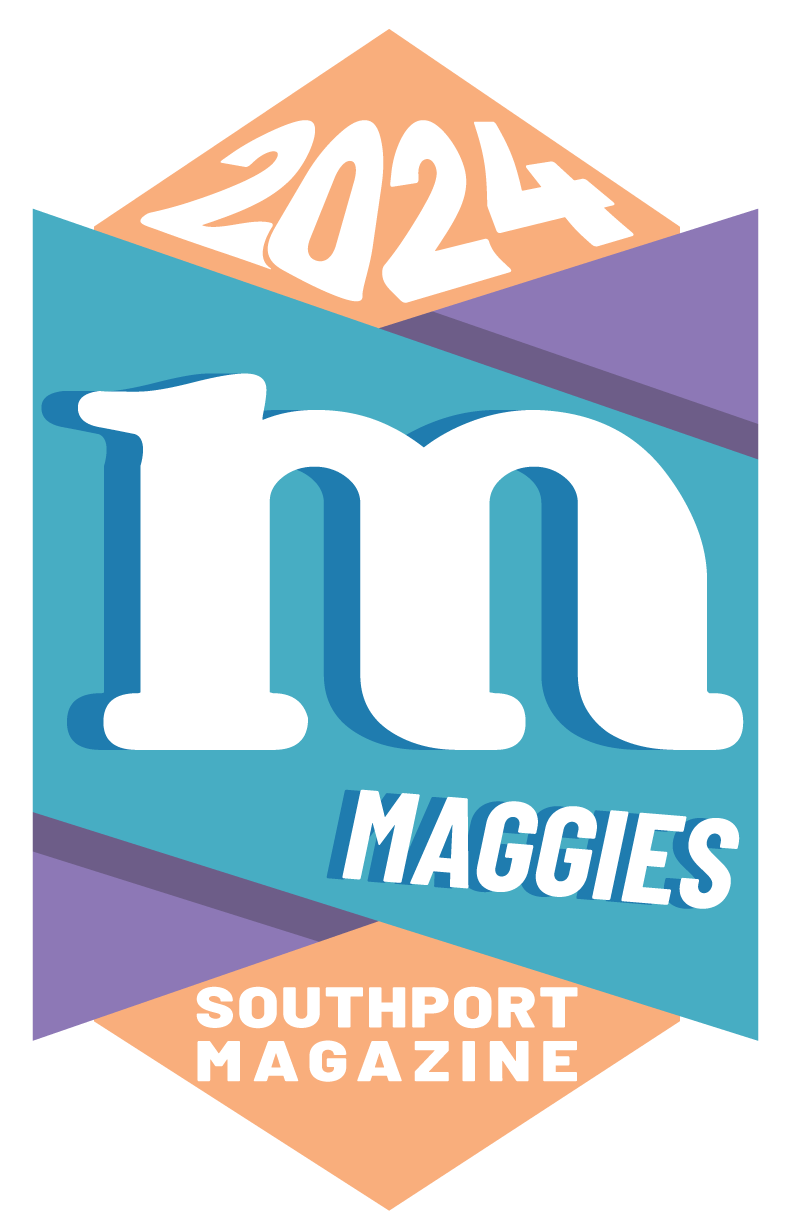Consolidating your retirement accounts
The average U.S. worker will hold up to 11 jobs between the ages of 18 and 44, according to the Bureau of Labor Statistics. Some of those past jobs probably came with a 401(k) or an IRA account as a perk. According to a recent study, more than 50 percent of American workers have two or more retirement accounts to keep track of.
Why consolidate your accounts?
Say you have $3,000 sitting in one retirement savings account, $4,000 in another, and $2,000 in a third. They may be costing you money, because most funds charge annual fees for accounts containing less than $5,000. And once you reach age 70.5, you will have to start taking money out of those accounts. Who wants to keep track of all that IRS paperwork?
Is there a better option?
You can consolidate your IRAs and 401(k)s into a single rollover IRA. Doing so would accomplish several worthwhile investment goals, including:
• Receiving just one monthly statement
• Keeping track of less paperwork
• Having more investment control
• Increasing fund leverage
• Saving money on account fees
How difficult is it to consolidate?
Consolidation is easy. For many, IRA rollovers are a simple, safe, and secure way to consolidate your retirement assets. And the fund consolidation trend is growing. Some estimates say that more than $370 billion annually will be rolled into IRAs from 401(k)s over the next few years.
What are some other advantages?
Rolling over your funds into a new IRA can expand your retirement portfolio options. For example, some employer 401(k)s only offer limited investment choices, but with a rollover IRA, you can tailor your investments to meet your precise retirement goals. There are also more flexible distribution provisions with a rollover IRA.
How do I get started?
To set up a rollover IRA, consult a financial professional. In some cases, your advisor will even help you fill out the paperwork to close the other accounts. Keep in mind that some funds charge fees for closing an account.
Are there any disadvantages to consolidating?
Yes. You can borrow from a 401(k) account but not from an IRA. You can withdraw funds without a 10 percent early-withdrawal penalty from a 401(k) if you leave your employer at age 55 or order, but with an IRA you have to wait until you are age 59.5.
With any investment opportunity, it is important to do your homework. Seeking the advice of an investment professional before making any changes to your retirement accounts is advisable. Find out for yourself whether the risks outweigh the benefits.











Leave a Reply